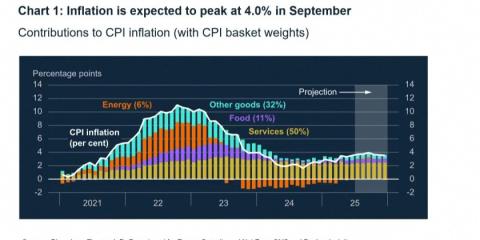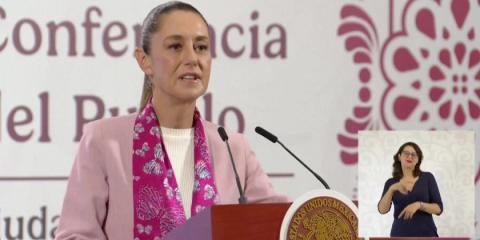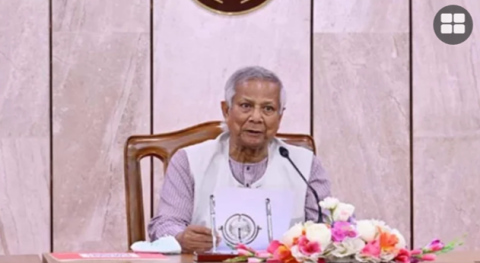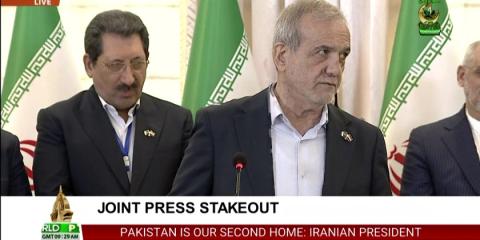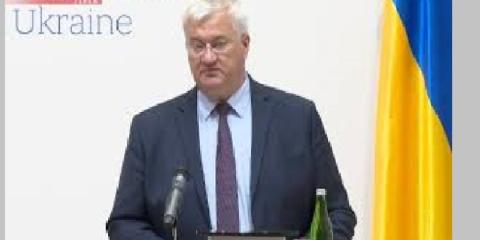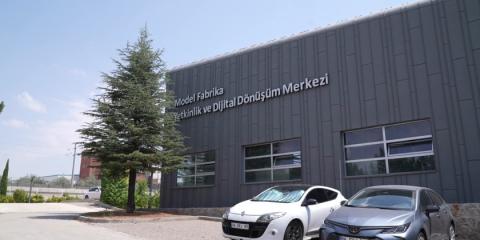Chief Adviser Prof Muhammad Yunus on Friday said they proudly congratulate the Bangladesh tariff negotiators on securing a landmark trade deal with the United States, a decisive diplomatic victory.
"The future of Bangladesh is undeniably bright. Today’s success stands as a powerful testament to the nation’s resilience and its bold vision for a stronger economic tomorrow," Yunus said in a message after successful tariff negotiations with the United States.
By reducing the tariff to 20%, 17 points lower than anticipated, he said their negotiators have demonstrated remarkable strategic skill and unwavering commitment to safeguarding and advancing Bangladesh’s economic interests.
Yunus said they have been working relentlessly since February and navigated successfully through a complex negotiating process involving tariff, non-tariff and national security matters.
"The agreement they negotiated preserves our comparative advantage, enhances our access to the world's largest consumer market and safeguards our core national interests," he said in his message shared by Deputy Press Secretary Azad Majumder.
This achievement not only underscores Bangladesh’s rising strength on the global stage but also opens the door to greater opportunities, accelerated growth and lasting prosperity, Yunus said.
Ref: dakatribune



